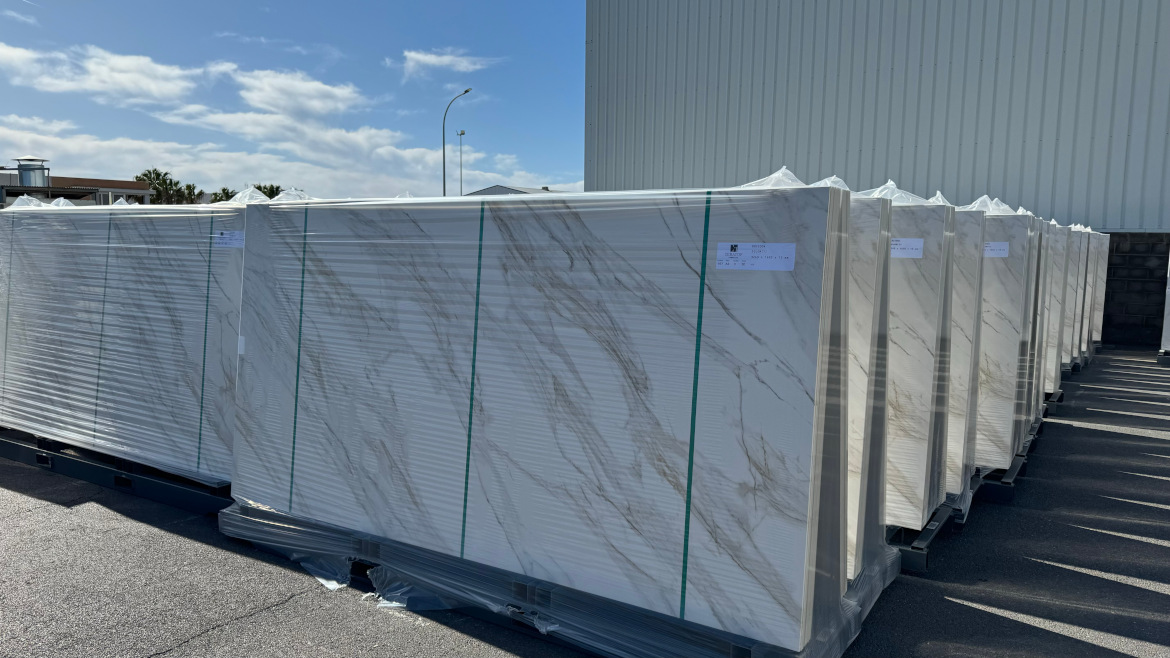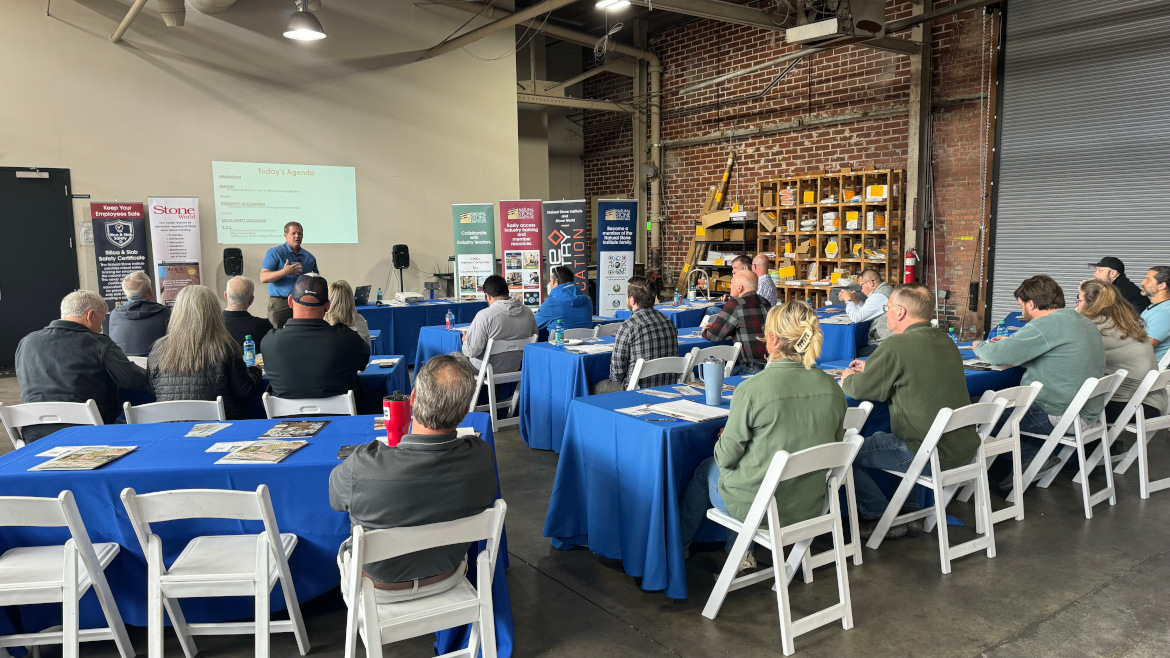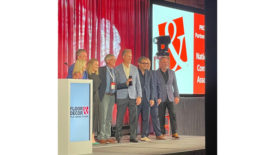Industry Insights
Editorial insights into current topics affecting the stone, tile and design industries.
ARTICLES
What is the Current State of the Stone Industry?
The Natural Stone Institute executive board officers led an open discussion with fabricators from across North America about pertinent issues affecting them today
April 30, 2024
Get our new eMagazine delivered to your inbox every month.
Stay in the know on the international stone industry trends.
SUBSCRIBE TODAYCopyright ©2024. All Rights Reserved BNP Media.
Design, CMS, Hosting & Web Development :: ePublishing


.jpg?1711986812)












